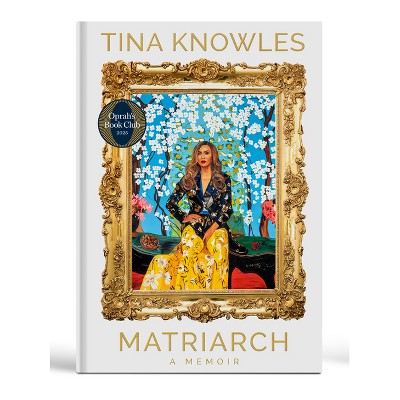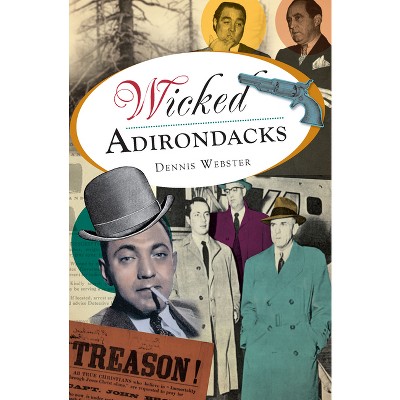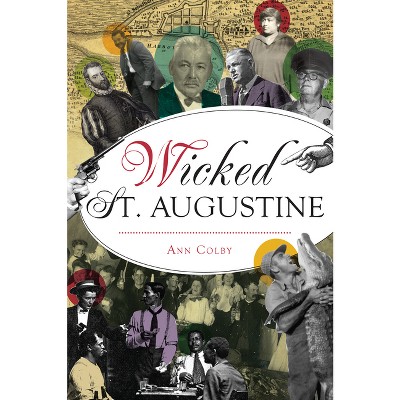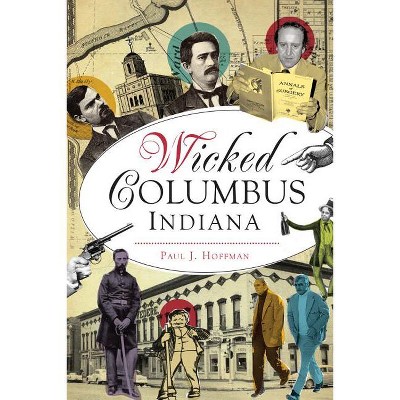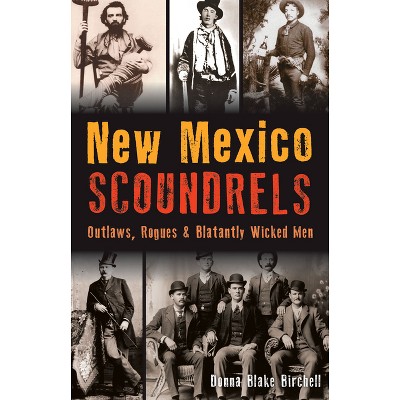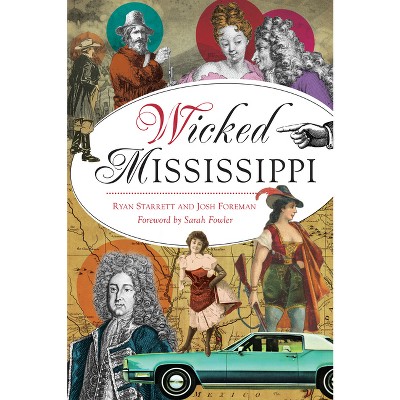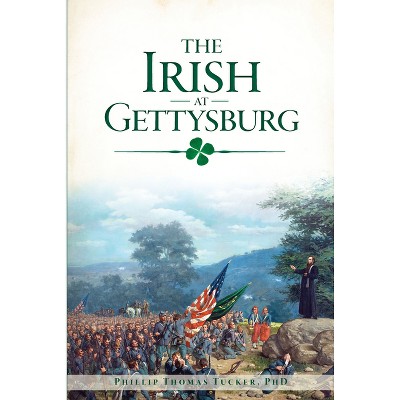About this item
Highlights
- Author Phillip Andrew Gibbs guides readers on a tour of Macon's seedy underbelly.
- About the Author: Phillip Andrew Gibbs is a professor emeritus of history at Middle Georgia State University.
- 144 Pages
- History, United States
Description
About the Book
"At the beginning of the twentieth century, the citizens of Macon had good reason to be proud of their metropolis on the Ocmulgee River. Along with bustling commercial and industrial sectors, the city had elegant homes, stately churches and refined institutions of higher learning. Macon appeared to embody the very best of the Old and New South. But there was a fly in the ointment. By the early 1900s, saloons, gambling houses and brothels were operating unabated throughout the city. In response, city officials tried to corral all forms of vice, particularly prostitution, within a restricted district. The city's ministers, however, refused to ignore the issue and organized a crusade against the underworld. Author Phillip Andrew Gibbs tracks the long and spirited fight for the soul of this Georgia city." -- Back cover.Book Synopsis
Author Phillip Andrew Gibbs guides readers on a tour of Macon's seedy underbelly. By the beginning of the twentieth century, Macon was coming of age. Numerous industries, banks and retail businesses dotted the city's landscape, and magnificent Greek Revival and Victorian homes graced the tree-lined streets of its affluent neighborhoods. For those who enjoyed the arts, there was the Grand Opera House which hosted operatic and theatre productions. The city was also home to two institutions of higher learning. To residents and visitors alike, Macon seemed to be a flourishing, sophisticated city well grounded in strong spiritual and moral principles. But there were flies in the ointment. Much to the dismay of the city's ministers and educators there was a vibrant sporting life in Macon. Pool halls, gambling houses, and saloons operated well within sight of the front steps of the city's churches. Worse yet, the city council had established in the early 1900s a red-light district known as Tybee that operated freely without interference from local authorities.
Review Quotes
"To my mind the most diabolical sight these days is to see a lot of women leaning over a punch bowl at some fashionable club like a lot of suckling pigs around a trough." -evangelist Sam Jones to the Macon Telegraph, 1905
About the Author
Phillip Andrew Gibbs is a professor emeritus of history at Middle Georgia State University. Although a native Virginian, he has lived and taught in Georgia since 1987. An avid tennis player, cyclist and traveler, he also works as a professional musician, performing regularly throughout the southeastern United States with the Georgia Chryslers, a rock, pop and R&B band. He lives in Kathleen, Georgia, with his wife, Penny; their dog, Jack; and Moe, the three-legged cat. This is his second book with The History Press.Shipping details
Return details
Trending Non-Fiction






